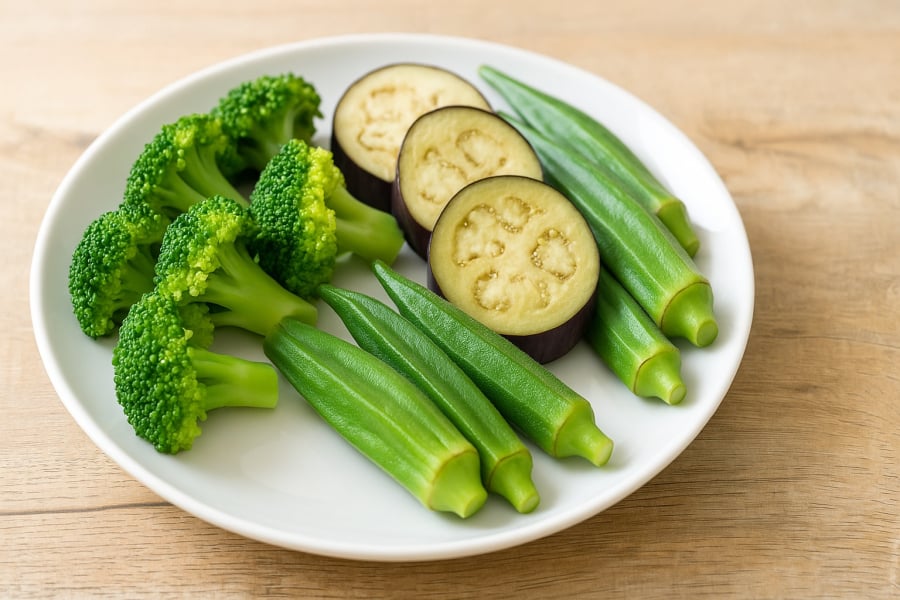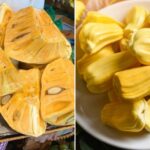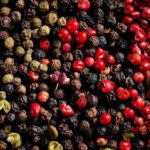Why Diabetics Should Choose Vegetables Wisely
For those living with diabetes, maintaining safe blood sugar levels is no small feat. Despite diligent efforts to avoid sugar and limit carbs, blood glucose can still spike unpredictably after meals. One overlooked reason is an unoptimized diet, particularly the choice of vegetables.
Eating more vegetables isn’t always the solution. Some veggies are high in starch or have a high glycemic index (GI), causing rapid glucose absorption and blood sugar spikes. Conversely, others are low in starch, rich in fiber, and packed with beneficial plant compounds that slow sugar absorption and support insulin function—a hormone critical for blood sugar regulation.
When chosen wisely, vegetables become more than just nutritious food; they’re powerful allies in diabetes management.
7 Natural “Sugar-Filtering” Vegetables to Include in Daily Meals
Broccoli
This cruciferous vegetable stands out for its sulforaphane content—a potent antioxidant that protects cells and enhances insulin utilization. Broccoli is also rich in vitamin K, calcium, and fiber, promoting bone health and prolonged satiety.
Additionally, it supports liver health, a vital organ for glucose production and metabolism.

Okra
A staple in many Vietnamese households, okra contains mucilage rich in pectin—a soluble fiber that slows sugar absorption in the gut, preventing post-meal spikes.
It’s also a great source of folate and vitamin C, particularly beneficial for women, especially during pregnancy or perimenopause.
Eggplant
Eggplant is packed with natural polyphenols that inhibit carbohydrate breakdown into glucose, reducing post-meal sugar absorption.
Its anti-inflammatory properties also protect blood vessels and improve circulation—essential for preventing diabetes complications.
Celery
Rich in antioxidants and mild diuretics, celery helps regulate blood pressure. For type 2 diabetics at risk of cardiovascular issues, it’s a smart addition to their diet.
Low in calories and high in fiber, it’s ideal for weight management—a key factor in long-term blood sugar control.
Asparagus
Though less common, asparagus is a gut health superstar thanks to inulin—a prebiotic that nourishes beneficial gut bacteria. A healthy gut microbiome is linked to improved insulin sensitivity and reduced systemic inflammation.
It’s also low in carbs, rich in B vitamins, and packed with antioxidants, making it perfect for carb-conscious diets.
Lettuce
A dieter’s go-to, lettuce is ultra-low in carbs while providing ample potassium, vitamin A, and vitamin K—essential for blood pressure and bone health.
Light and non-spiking, it’s an ideal evening or side dish for blood sugar management.
Bell Peppers
Beyond adding color to dishes, bell peppers are diabetic-friendly. High in vitamin C, they protect small blood vessels in the eyes and kidneys—common targets of diabetes complications.
Their fiber content also slows glucose absorption, stabilizing post-meal blood sugar.

Smart Vegetable Consumption for Optimal Blood Sugar Control
Incorporating vegetables daily is key, but preparation matters. Avoid oily stir-fries and excessive salt; opt for steaming, boiling, or salads to retain nutrients. Distribute vegetable intake evenly across meals instead of concentrating them in one sitting.
Diabetics should creatively combine these vegetables for a balanced, varied diet. This not only improves blood sugar levels but also keeps meals exciting and enjoyable.
“Bananas: A Nutritional Powerhouse Fruit, But A Cautionary Tale for Those With These 3 Conditions”
“Bananas are a nutritious and affordable fruit, but they may not be suitable for everyone. With their high potassium and vitamin content, bananas offer an array of health benefits. However, for some individuals, particularly those with certain medical conditions, the consumption of bananas may need to be monitored or avoided altogether.”






































